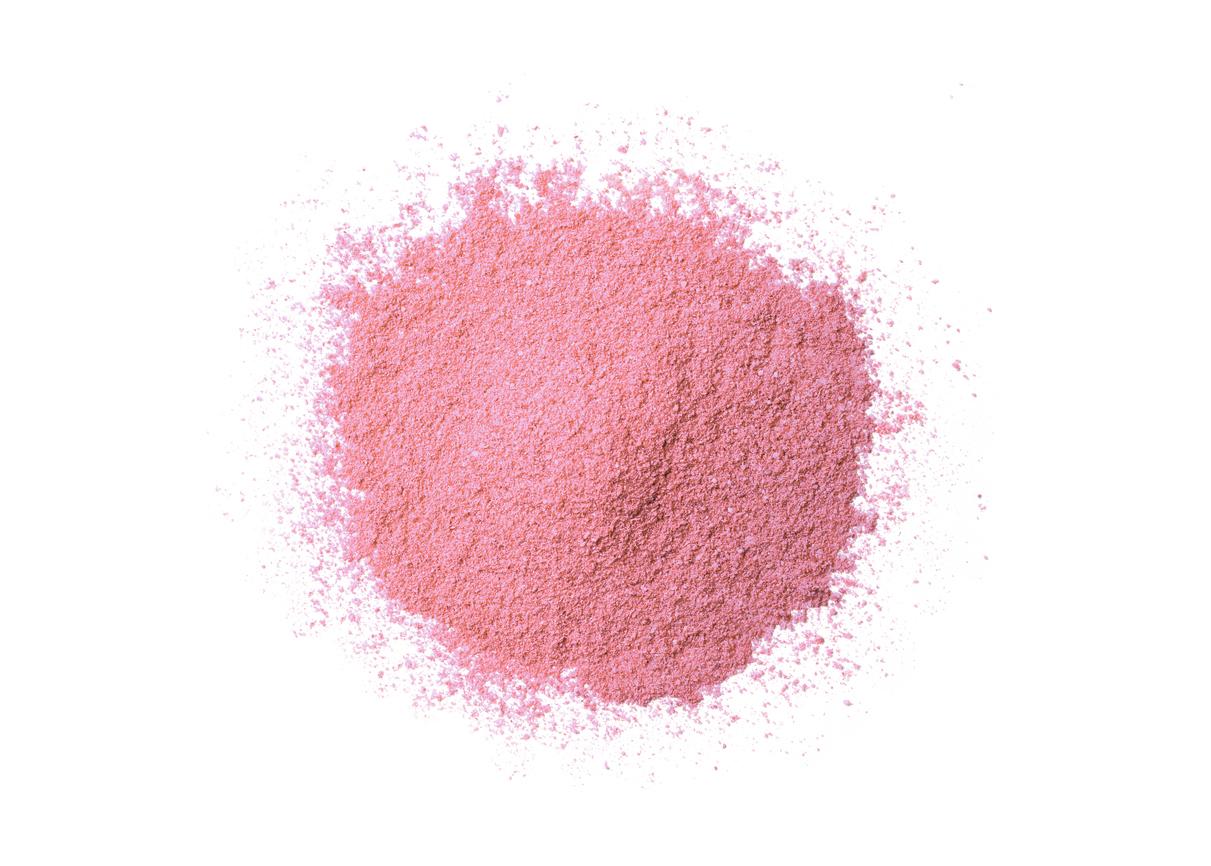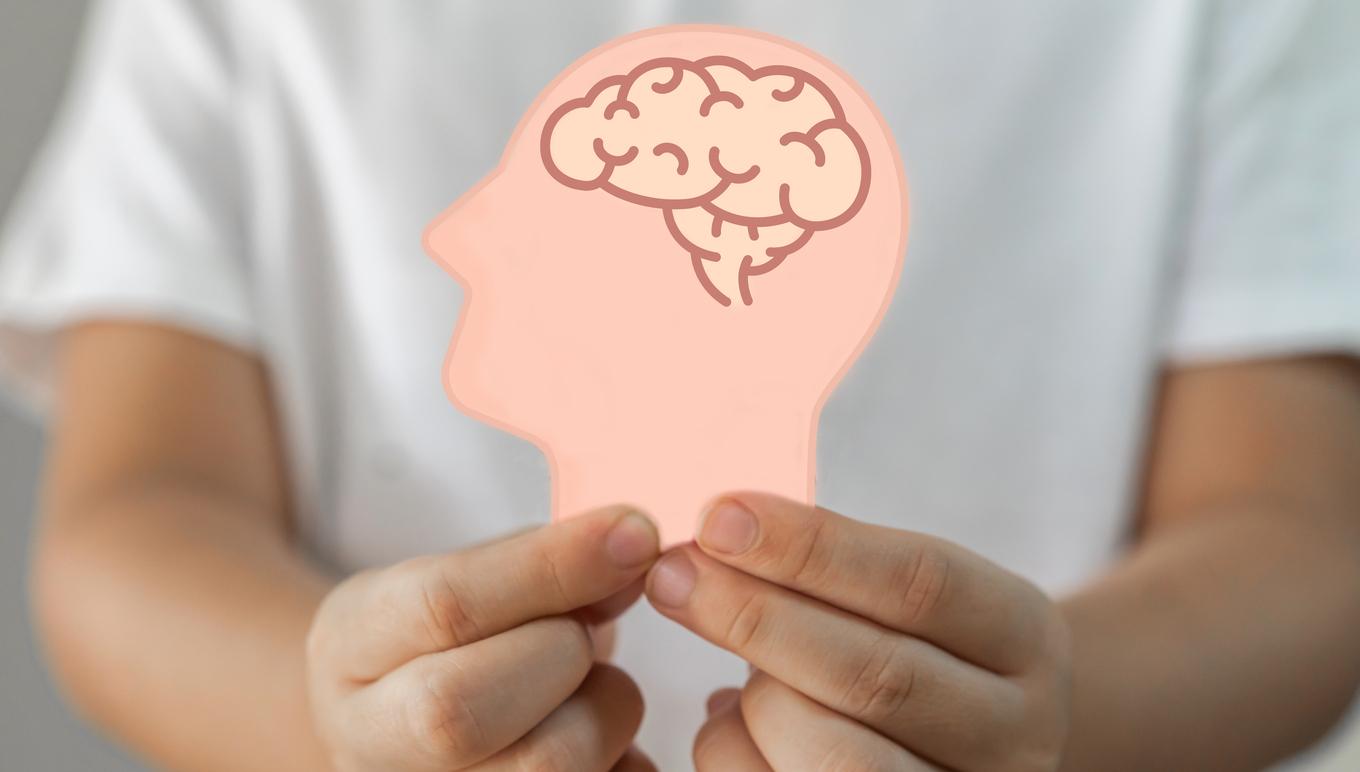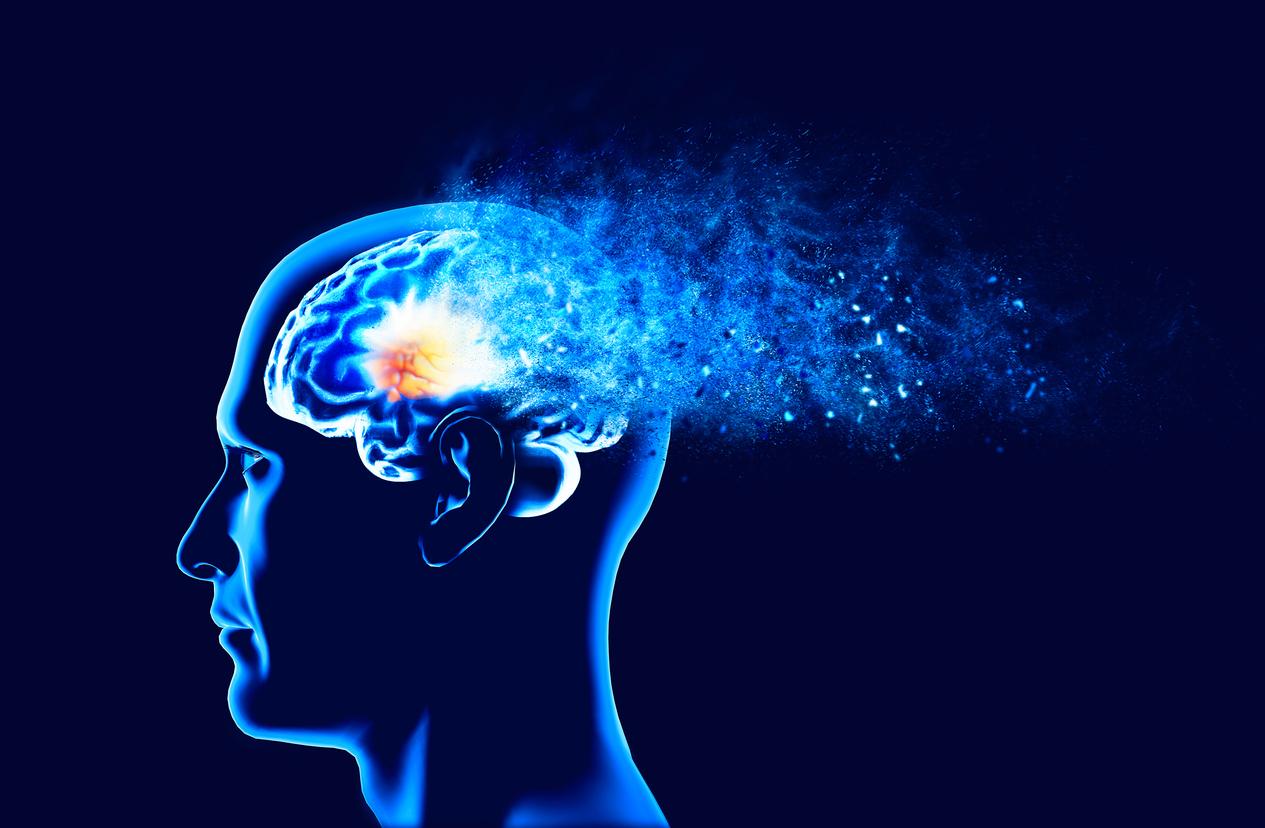According to a meta-analysis of 10 studies involving 1,300 patients, led by researchers at Imperial College London (Great Britain), noradrenergic drugs, including Ritalin, a drug prescribed for Attention Hyperactivity Disorder (ADHD), would make it possible to treat certain symptoms of Alzheimer’s disease and in particular to improve the cognitive and neuropsychiatric symptoms of the disease.
Noradrenaline is a hormone produced in the brainstem at the base of the brain and released throughout the brain. It has effects on attention, memory and cognitive function,” explains Dr. Michel David, lead author of the study. “However, in patients with Alzheimer’s disease, the part of the brainstem that releases this hormone is damaged very early. Prescribing a drug that addresses the decline of the noradrenergic system could potentially improve Alzheimer’s patients’ ability to pay attention, form new memories and even combat apathy, a secondary symptom of Alzheimer’s disease. ‘Alzheimer'” adds the doctor.
Mild improvement in memory and language
Participants who received noradrenergic drugs saw a “mild but significant” improvement in overall cognition, including memory, fluency and language. Medications have also had an impact on apathy, which results in a lack of motivation or energy to cope.
“However, several factors should be considered before designing future clinical trials. These include targeting appropriate patient subgroups and understanding the dose effects of individual drugs and their interactions with other treatments. in order to minimize the risks and maximize the therapeutic effects” adds the doctor.
Source : Cognitive and neuropsychiatric effects of noradrenergic treatment in Alzheimer’s disease: systematic review and meta-analysisJournal of neurology and psychiatry, July 2022
Read also :
- Alzheimer’s: 10 daily habits that increase the risk
- Alzheimer’s: detecting the disease with a drop of blood, it will soon be possible
- Alzheimer’s: this vitamin that you absolutely must not miss

















